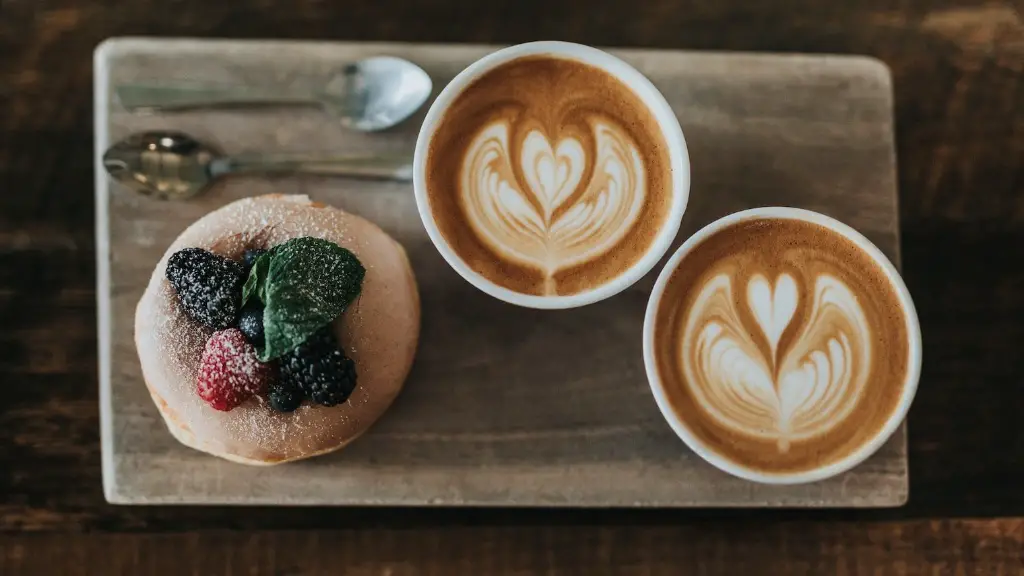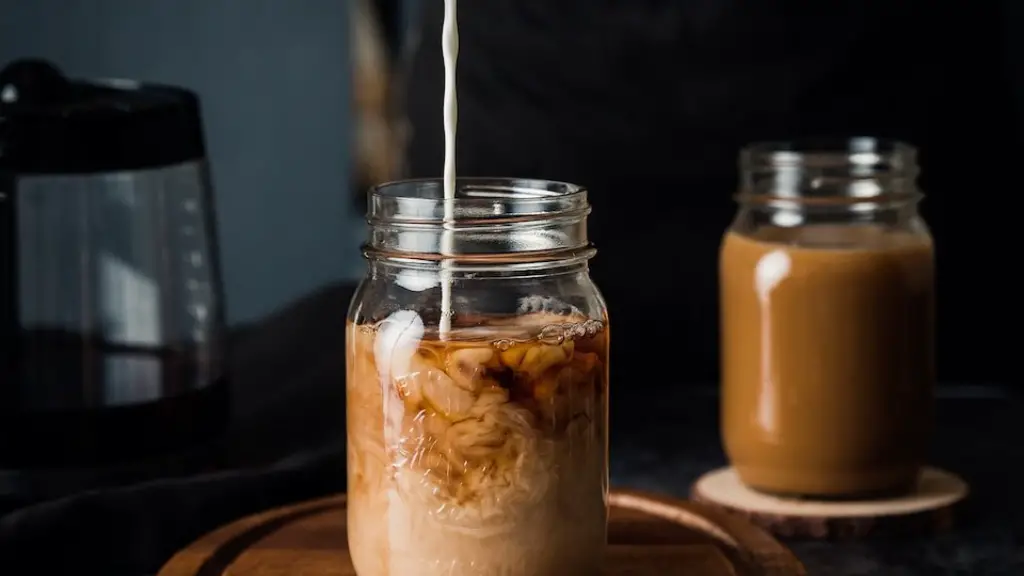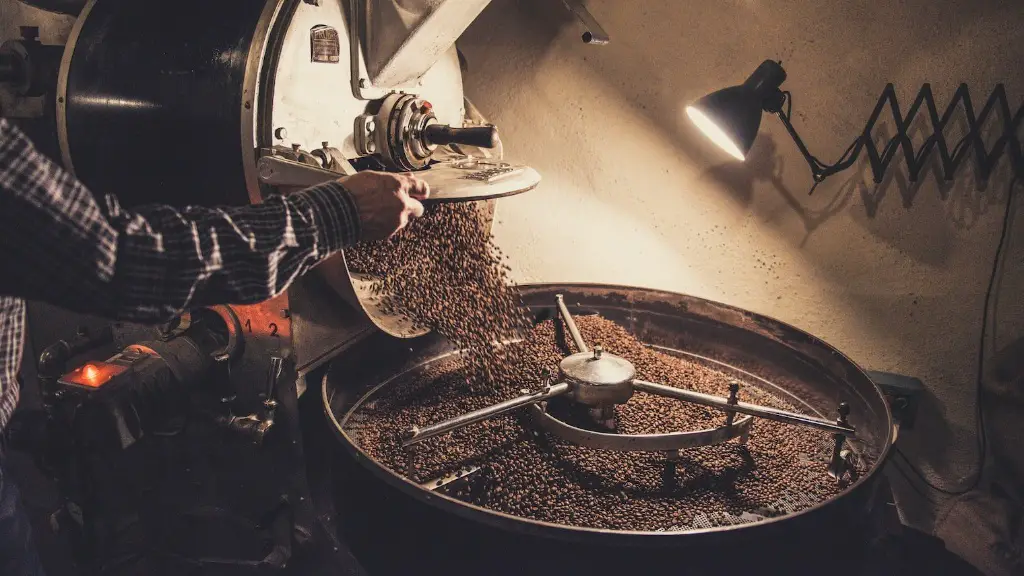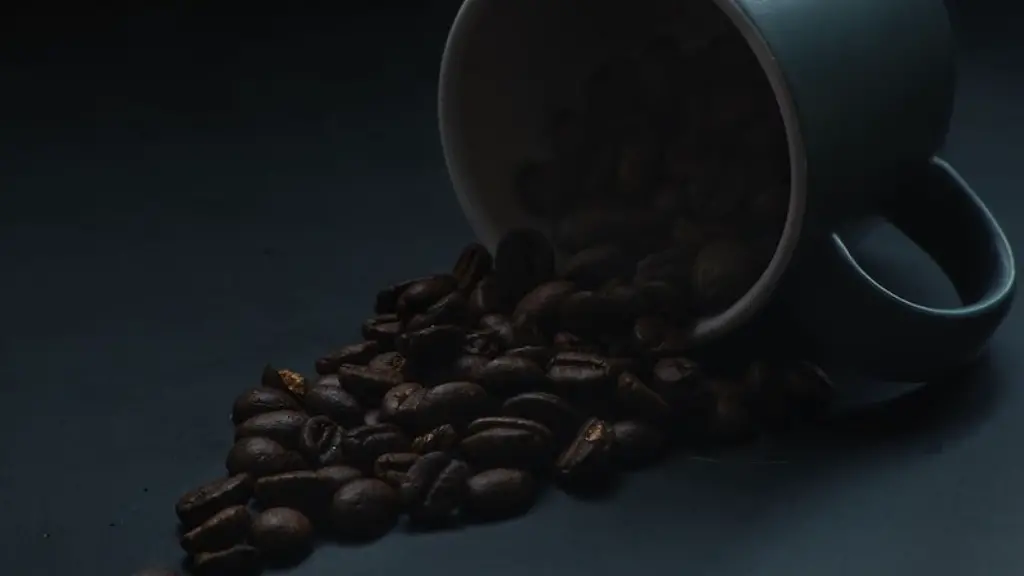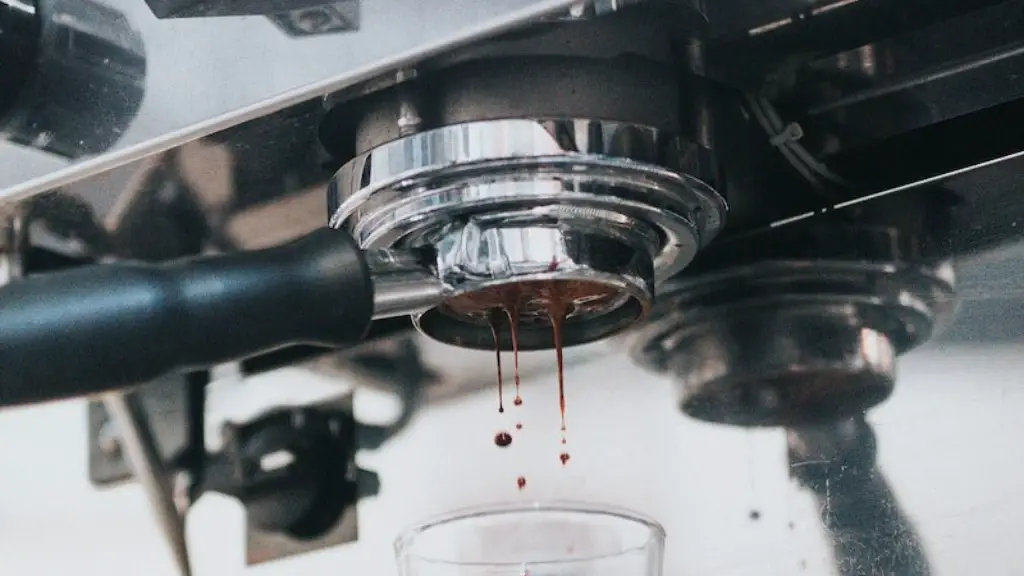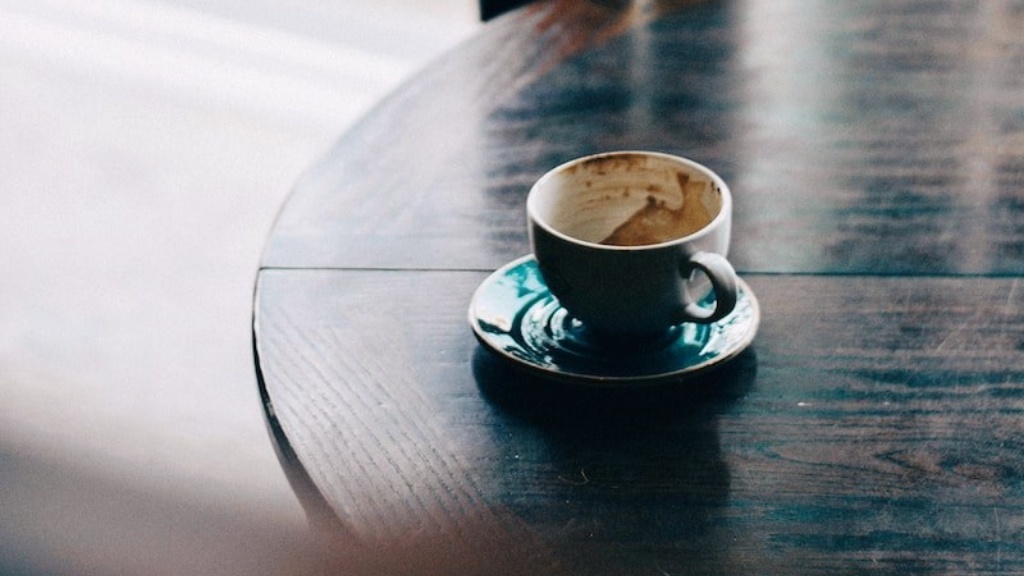It’s undeniable that many of us need coffee to get through the day. Coffee has been used for centuries to give humans a boost of energy and alertness in the morning, proving to be an indispensable part of our daily lives. But how much coffee does America actually drink?.
The United States is the world’s largest coffee market, with more than 25% of the global market share. In 2019, Americans consumed 350 million cups of coffee per day. That’s a staggering amount, and it’s only increasing, as the trend of specialty coffee roasters continues to rise. In fact, a recent survey showed that 45% of Americans aged 18-24 drink specialty coffee at least once a week.
The reasons behind America’s love of coffee are varied. Not only is it an easy and accessible way to stay energized and alert, it is also a part of American culture and ritual, steering people towards a more social and engaging lifestyle. From the ritual of cups at corporate meetings to leisurely outings with friends, drinking and discussing coffee has been a longstanding element of American culture for centuries. Plus, for many of us, coffee just tastes good.
On the flip side, many experts warn of the health risks associated with excessive intake of caffeine. Caffeine can raise your blood pressure, and too much of it can even lead to heart palpitations, insomnia, and anxiety. It is, therefore, important to be mindful while indulging in coffee, no matter how tasty it is. An excess of caffeine can affect your health and performance adversely, and moderation is essential.
If we seek to answer the question of how much coffee Americans drink, it’s clear that the answer varies between individuals. Despite being a major player in the global coffee market, our consumption habits are strictly personal and depend on our own taste and habits. Obviously, more research must be done to calculate an exact number. However, it’s certain that Americans love coffee, and it continues to be an integral part of our lives.
The Price of Coffee
In addition to its health risks, it’s also important to consider the economic effects of America’s coffee consumption rate. The average cost for a cup of traditional American coffee is about two dollars, which has doubled since 2006. The rise in price is due to a number of factors, from higher labor costs to insurance costs to increased prices from coffee bean producers.
Furthermore, the cost of specialty coffees, such as cappuccino and lattes, cost more due to specialized ingredients and higher-end machines used to make them. Experts estimate that the average cup of specialty coffee costs around three to five dollars, depending on the type. This, of course, is in addition to the cost of common coffee, adding up to more than the average American monthly budget can cover. So, while America loves its coffee, it comes with a hefty economic price tag.
The Impact of Social Media
Beyond economic and health concerns, there has been a recent surge in the impact of social media on coffee drinking habits. Instagram, for example, has been instrumental in popularizing coffee, with thousands of influencers promoting coffee drinks and specialty coffees across the platform.
As such, the coffee industry is booming, with specialty coffee shops popping up on seemingly every block. The demand for Instagram-worthy coffees in these shops is also on the rise. Interestingly enough, the demand has been driven by Millennials and Gen-Zers looking to gracefully document their coffee experiences for social media.
Essentially, the combination of an affordable, accessible product like coffee, in tandem with platforms such as social media, have cultivated an increasingly coffee-crazed culture in the US. Even with efforts to explore healthier alternatives to coffee, such as matcha and energizing teas, Americans are unlikely to abandon coffee any time soon.
America’s Coffee Export
While America proudly drinks their coffee, their influence and presence in global coffee markets is evident. The US currently exports $4 billion of coffee beans, making it the largest coffee exporter in the world. With exports to countries like Germany, Japan, the UK, and Canada, it’s safe to say that many countries worldwide share a penchant for American coffee.
Interestingly, our growing appetite for coffee has made imports necessary. Last year, imports next rose to more than $5 billion, a 9% increase from 2018. In terms of import, it’s also clear that the US enjoys coffee from countries like Mexico and Brazil.
America’s Coffee Drinking Evolution
It’s clear that Americans have embraced coffee, even if it’s come with various effects on our economy, health, and social lives. Over the last few centuries, our coffee drinking habits have undergone an evolution, influenced by a variety of factors — from global market dynamics to coffee’s nutritional content to social media hype. Whether or not this will continue in the future is yet to be seen, but for now, coffee remains an undeniable part of American culture.
The Diversity of America’s Coffee Drinking Habits
Coffee drinking habits between individuals vary from person to person. Furthermore, states and regions within the US have different preferences and trends when it comes to coffee-drinking. For example, the Southern states have an affinity for iced coffee, while Seattle remains as the headquarters of America’s coffee culture, home to emblems like Starbucks, Seattle’s Best, and many independent specialty cafes.
More broadly, Americans have taken to various forms of consumption, introducing new types of espresso drinks, cold brews, french presses and more. Our consumption habits have become more refined and story, after all. While we may never truly know the answer to “how much coffee does America drink,” it is clear that coffee is an important part of our lives.
The Impact of Awareness on America’s Coffee Habits
An increased awareness of the caffeine content of coffee has also had an impact on our expenditure. American millennials, in particular, have been vocal about their dedication to leading healthier lifestyles, and increasing their physical and mental awareness. As a result, many of us actively seek out products that are more suitable for us and our health.
Some coffee shops are taking full advantage of this trend by offering coffee alternatives that contain less caffeine, such as green tea or matcha. Additionally, more health-conscious coffee products, such as lattes, teas, and other caffeine-free options have gained a sufficient amount of popularity among coffee-lovers.
Benefits of Coffee Appreciation
Beyond our own health and economic concerns, there are many benefits to appreciating coffee as a global product. For one thing, it’s a great way to become more environmentally friendly. By choosing to buy coffee locally, we can help support small business owners and local farmers. Additionally, by doing this, we are reducing our emissions by relying less on imported coffee beans.
Furthermore, America’s enthusiasm for coffee assists other coffee-growing countries in growing the global coffee economy. Coffee from countries like Colombia, Kenya, and El Salvador contribute to the global coffee market, positively impacting their national economies and facilitating better production standards.
Will America’s Coffee Drinking Habits Change?
It’s clear that Americans will continue to be enthusiastic about coffee as long as it remains accessible, affordable and desirable. Yet, due to the ever-shifting and developing nature of our tastes, we may witness a gradual evolution in our consumption habits. Perhaps, more health-conscious Americans may opt for specialty teas, while others may explore more intense espressos and foreign coffees.
It’s difficult to say what the future of our coffee consumption might be, but it’s certain that coffee will maintain its enduring presence in America far into the future.
